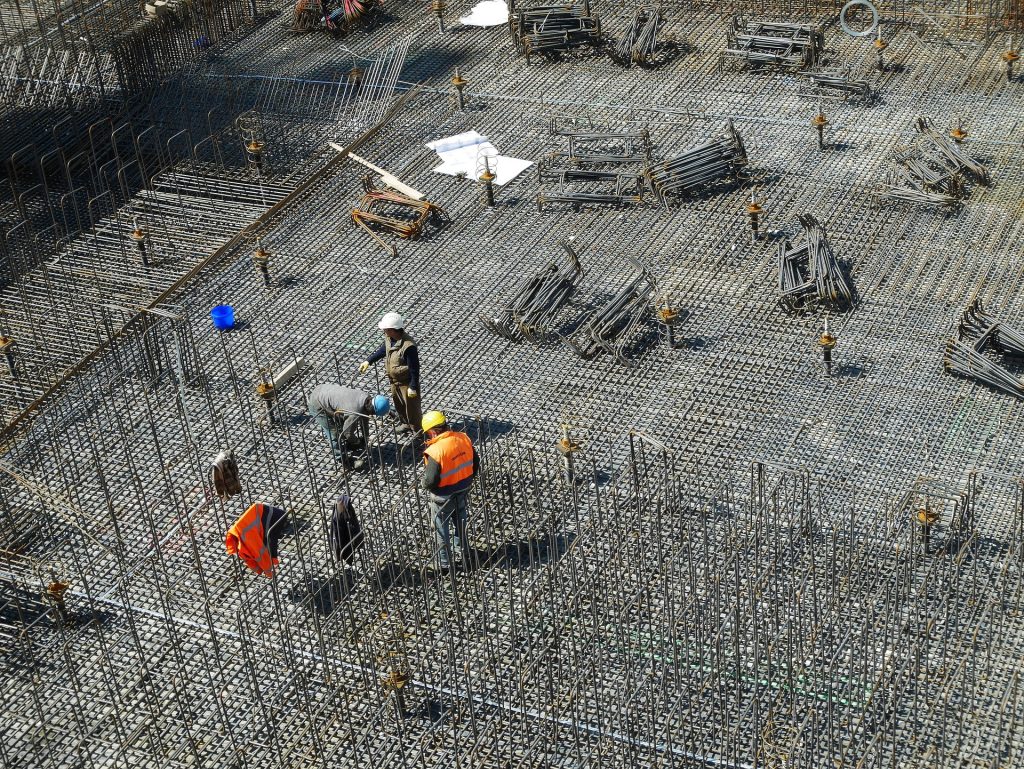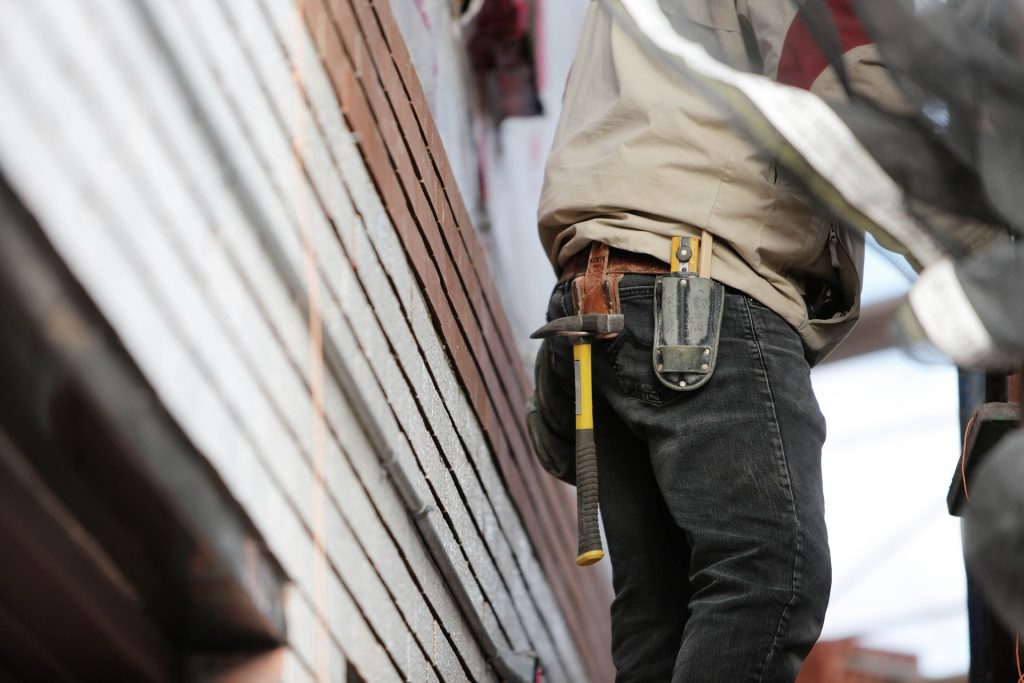January the 31st, 2024 – There’s been a lot of talk about foreign employees across Croatia, their increasing numbers and the upcoming law change related to them. Did you know however that there are as many as 25,000 foreign workers in Istria alone?
As Poslovni Dnevnik writes, following the recently story about the far less than ideal conditions in which some Zagreb employers accommodate their foreign workers, N1 checked out how foreign workers in Istria are living.
A new accommodation facility is currently being built in the City of Poreč, and foreign workers in Istria are the main presence there already. Among those currently present is Amin. He arrived in Istria from Egypt a year ago. He worked back at home as a tourist guide, and today, instead of leading tours, he guides his compatriots on the construction site.
“I work as a translator and supervise the construction site. I’m responsible for all of the Egyptian workers here at the construction site. On top of that, together with the site managers Goran and Dragan, I’m responsible for the execution of the works,” said Amin.
Amin is only one of about 25 thousand foreign workers in Istria at the moment. According to the data kept by the Istrian police (MUP), almost six thousand of foreign nationals work in the construction sector. “I live in Pazin Novaki in a big villa. I have my own room, and I share the house with several people from Bosnia and Herzegovina and also some other Egyptian workers,” revealed Amin, adding that he is more than satisfied with the accommodation he’s been given.
He is also satisfied with the salary he is paid each month, claiming it much better than the one in his homeland. “I’m fine with it because everything we agreed upon in the beginning was totally respected. Everything that was agreed on regarding the salary has been implemented with no problem or issue. The company director is sensible and honest when it comes to the question of money.”
Most foreign workers in Istria are from Egypt, Nepal…

The company where he is employed has a large number of foreign workers already – about fifty of them. “At the moment, most of them are from Egypt, and there are also a lot of people from Bosnia, Kosovo, Macedonia and Nepal,” explained construction site manager Goran Milohanić.
However, the largest number of foreign workers in Istria is employed in (rather unsurprisingly) hospitality and tourism. More than 12,000 foreign citizens work in service industries across the peninsula. Decent wages, secured accommodation and a hot meal were what initially attracted Pema, who comes all the way from Nepal, to gorgeous Istria.
“I don’t plan to go to another country after this. This is a nice place to work and I earn a lot of money,” revealed Pema. There are almost three thousand Nepalese nationals currently in Istria, and she had no problems when it came to MUP issuing her with the necessary documents. “There were some little hiccups of course… It is expensive to come to Croatia from Nepal. You need to have extra money,” stated Pema.
Foreign doesn’t mean cheap

The Croatian employers with whom N1 spoke were all in agreement: A foreign employee does not necessarily mean a cheap employee.
“We treat them with the same quality as we would local workers. So, the reason for introducing foreign labour is not that it is cheaper. It’s actually quite on the contrary,” pointed out Milohanić.
Camp leader Federica Ukušić Rovina is full of praise for the foreign workers in Istria and their fantastic work ethic. “They work more than local workers do, and trust me, their wages are in line with that. Their salaries mean they enjoy a very good life,” said Rovina Ukušić.
Foreign citizens coming to Croatia to work often wait up to seven months to obtain the necessary documents from MUP, and this has posed a very serious problem for employers for some time now. It’s been a particular thorn in the side of those in the hospitality and tourism industries needing the staff for the upcoming summer season.
“Sometimes you have to wait three months just to get a work permit and then another three months for a visa. Of course, such waiting times often leads would-have-been workers to give up and go elsewhere. Sometimes the certificate of impunity expires, and sometimes the employer themselves can’t be bothered with it all,” explained the owner of the temporary employment agency, Anwar Rajput.










